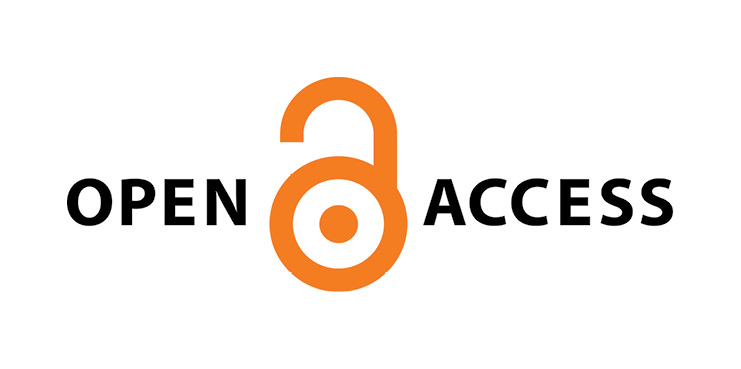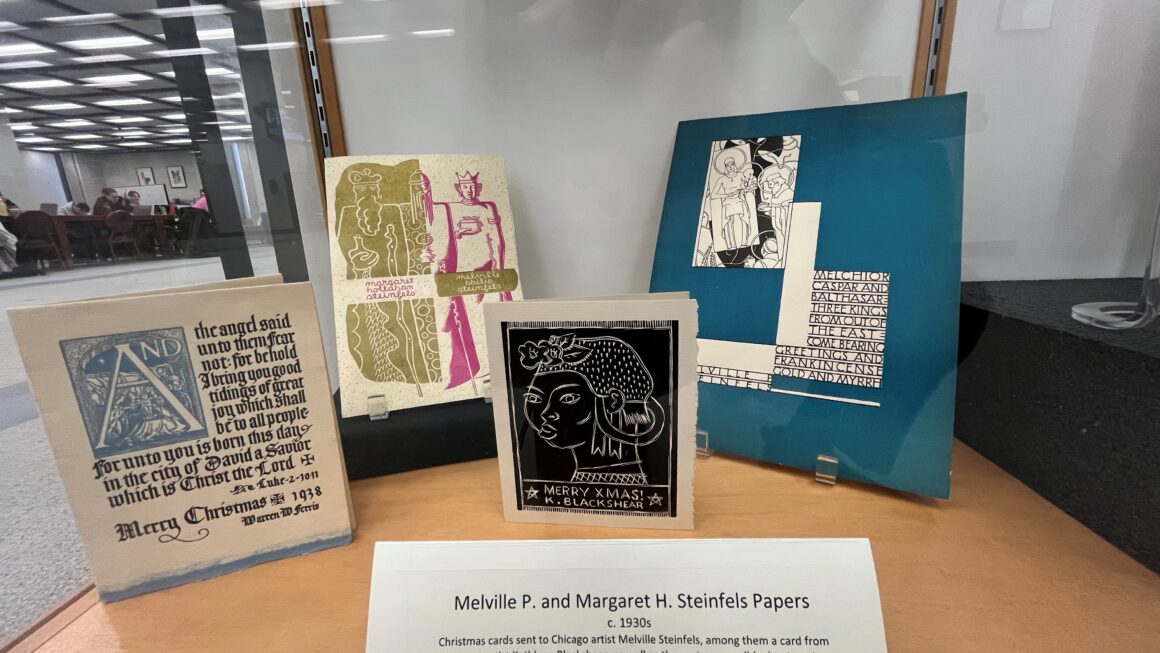Open Access Ebooks
In the world of open access publishing, open access journals are the most common format for disseminating scholarly research, while publication of open access monographs – ebooks that are available for free online – has lagged behind. However, the momentum behind open access ebooks is building, and there are some interesting developments to pay attention to. The reasons for publishing an open access ebook, as opposed to a traditionally published book, are similar to the arguments in favor of open access journals and textbooks – free ebooks can reach a wider audience than expensive scholarly monographs, and the authors are often able to retain greater control over their own work.
The biggest challenge to publishing open access ebooks is funding. Even though ebooks don’t carry all of the costs associated with printing a physical book, there are still a number of important editorial processes required to ensure a high-quality publication. In response to this challenge, publishers, scholars, and academic institutions are experimenting with a wide array of business models for producing open access ebooks. In some cases, publishers charge publication fees that are paid by the author, the author’s institution, or by grant funds. Other publishers are experimenting with dual editions, where the publisher charges money for the print version of a book, but makes the ebook available for free. In many cases, groups of libraries, publishers, and knowledge organizations are working together to test out entirely new models for funding and producing free ebooks using a combination of methods including crowdsourcing, consortial cost-sharing, and grant funding.
So how can you find these free ebooks? One key resource is Open Access Publishing in European Networks, or OAPEN. OAPEN provides a library of free scholarly ebooks that have been thoroughly reviewed for quality and preserved in a stable online archive. Another option for finding open access ebooks is the Directory of Open Access Books (DOAB), which lists peer reviewed ebooks from over 200 academic publishers. You can search for ebooks in the DOAB, and then link out to access the ebook through the publisher’s website or archive. Increasingly, you’ll discover free ebooks through the systems you use on a regular basis, like JSTOR or the library catalog. The traditional method for publishing scholarly books is likely to remain the primary mode for producing academic books for some time, but open access ebooks are a vital new addition to the scholarly communication landscape
Learn more about Open Access from the Libraries’ Open Access Research Guide and from the International Open Access Week website.



